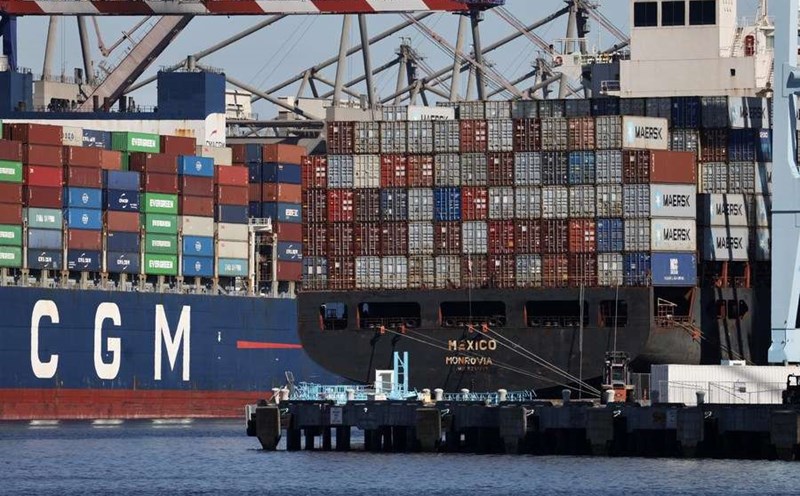The above information was announced by Director of the Ho Chi Minh City Department of Home Affairs Pham Thi Thanh Hien at a meeting of the Ho Chi Minh City People's Committee on the socio-economic situation in June and tasks for the last 6 months of the year.
According to Ms. Pham Thi Thanh Hien, the Department of Home Affairs has advised the Ho Chi Minh City People's Committee to approve the project to rearrange, rearrange the team and implement support policies for cadres, civil servants and public employees according to Decree 178/2024/ND-CP and Decree 67/2025/ND-CP.
As of June 30, 2,081 people have quit their jobs under these policies, with a total support budget of up to 773.5 billion VND.
Currently, Ho Chi Minh City has also approved policies on job conversion, vocational training, job introduction and social housing support for cadres, civil servants, public employees and workers who have quit their jobs.
Speaking at the meeting, Chairman of the Ho Chi Minh City People's Committee Nguyen Van Duoc emphasized that this is the first socio-economic meeting of Ho Chi Minh City after merging with Binh Duong and Ba Ria - Vung Tau provinces, organized online to connect with 168 wards, communes and special zones across the city.
Mr. Nguyen Van Duoc requested the delegates to re-evaluate the effectiveness of the operation of the two-level local government model in the first days of implementation. In particular, focusing on analyzing shortcomings, difficulties, and problems, avoiding only mentioning achievements.
The head of the city government also directed the Ho Chi Minh City Digital Transformation Center to review the transmission infrastructure to serve ward and commune governments, especially in the context of implementing non-border administrative records after the merger.
One of the issues that Mr. Nguyen Van Duoc noted was the assessment of the impact of the US counterpart tax policy on production and business activities in Ho Chi Minh City, as well as the ability to maintain GRDP growth of 8 - 8.5% in 2025.
Regarding planning work, the Chairman of the Ho Chi Minh City People's Committee said that the previous planning was localized to each locality. Now with the mindset of a new city after the merger, it is necessary to update and adjust the overall planning, reasonably zoning functions, making the most of the potential of the three old localities and overcoming overlaps in the previous planning.
At the meeting, Director of the Ho Chi Minh City Department of Finance Nguyen Cong Vinh also reported on the economic development situation in the first 6 months of the year. Accordingly, Ho Chi Minh City's GRDP after the merger increased by 5.56%; if not including crude oil, the growth reached 7.49%. Of which, the old Ho Chi Minh City area increased by 7.82%, the old Binh Duong increased by 8.3%, and the old Ba Ria - Vung Tau decreased by 2.2%.
Regarding foreign direct investment (FDI), Ho Chi Minh City has only recorded 945 newly granted projects with a total capital of 4.72 billion USD, an increase of more than 32% over the same period last year. The city aims to attract FDI for the whole year to reach 10.44 billion USD, creating momentum for sustainable growth and development.











